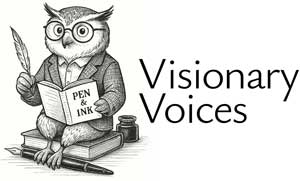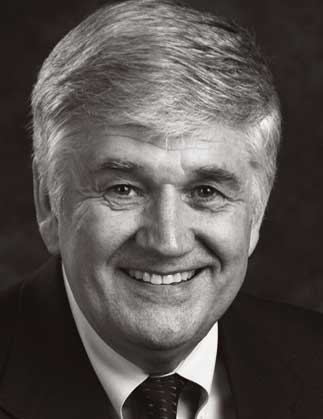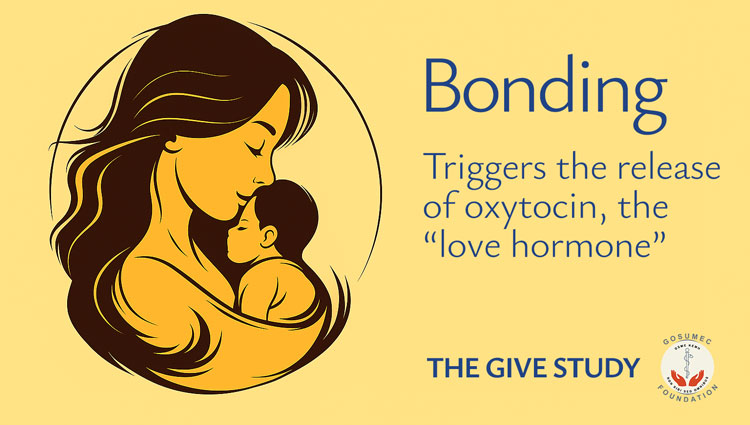In an era dominated by data analytics and artificial intelligence, we might be tempted to view charitable giving through a purely rational lens. However, after four decades in development, I can attest that the heart remains the driving force behind transformative philanthropy.
Recent scientific research not only supports this observation but reveals fascinating connections between emotional, heart-led giving and physical well-being.
The Heart-Brain Connection in Giving
The heart is far more than a simple pump. Research from the HeartMath Institute shows that the heart’s electromagnetic field is 60 times greater in amplitude than the brain’s electrical activity and 5,000 times stronger magnetically. This field reaches every cell in our body and can be detected several feet away from us.
Dr. Mimi Guarneri’s groundbreaking work reveals that the heart possesses its own complex nervous system, often called “the heart-brain.” This system produces hormones and neurotransmitters, including oxytocin—known as the “love” or “bonding” hormone. When we engage in giving behavior, our bodies release oxytocin along with other feel-good chemicals like dopamine, creating what researchers call a “helper’s high.”
The Health Benefits of Generosity
Harvard research has demonstrated that charitable giving and volunteering provide remarkable health benefits:
- Reduced blood pressure and stress levels
- Decreased symptoms of depression
- Enhanced self-esteem and life satisfaction
- Increased longevity
As one seasoned financial advisor told me, placing her hand over her heart, “It isn’t about the tax benefits—it’s about the emotional rewards that drive both my clients’ and my own giving.”
What Really Motivates Donors?
In recent interviews with donors across various giving levels, consistent themes emerged about their motivations:
“I want to make a difference in people’s lives.”
“There was a special connection with the organization’s mission.”
“The relationship with the fundraiser helped us see our impact clearly.”
These responses align with findings from The Chronicle of Philanthropy’s research showing that making a difference in others’ lives (heart-led philanthropy) ranked five times more important than tax benefits as a giving motivation.
Building Heart-Centered Donor Relationships
Based on both research and experience, here are key principles for developing meaningful donor relationships:
Practice Deep Listening
- Focus entirely on understanding the donor’s dreams and aspirations
- Listen with your eyes, ears, and heart
Remember: You are the catalyst for realizing their vision
Invest in Face-to-Face Connections
- Build trust through personal meetings
- Allow relationships to develop naturally over time
- Recognize that meaningful connections cannot be rushed or automated
Honor the Emotional Journey
- Understand that major gifts often emerge from deep personal connections
- Respect the time needed for trust to develop
- Celebrate the donor’s vision and impact
Maintain Long-term Perspective
- Focus on relationship building rather than immediate results
- Document donor intentions clearly through gift agreements
- Ensure the donor’s wishes will be honored long-term
The Role of Analytics in Heart-Led Fundraising
While data and analytics play a valuable role in identifying potential donors, they should be viewed as tools that get us to the conversation, not as replacements for human connection. The most successful fundraising programs blend analytical insights with authentic relationship building.
Looking Ahead
As artificial intelligence and data analytics continue to evolve, we must remember that transformative giving springs from the heart’s deep desire to make a difference. The most successful fundraisers will be those who can bridge the technological and emotional realms, using data to identify opportunities while building genuine connections that inspire generous heart-led giving.
When donors feel truly heard, understood, and connected to your mission, their giving becomes an expression of their deepest values and aspirations. In this way, philanthropy becomes not just a transaction but a transformative experience that benefits both the giver and receiver.







